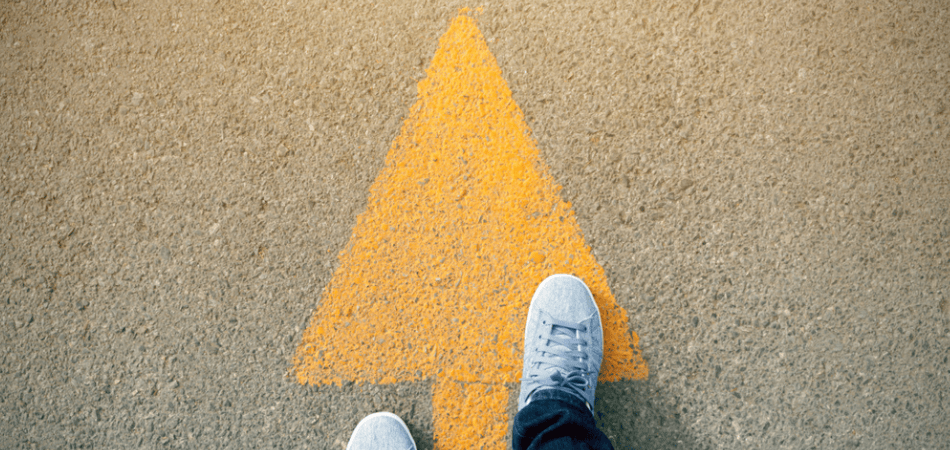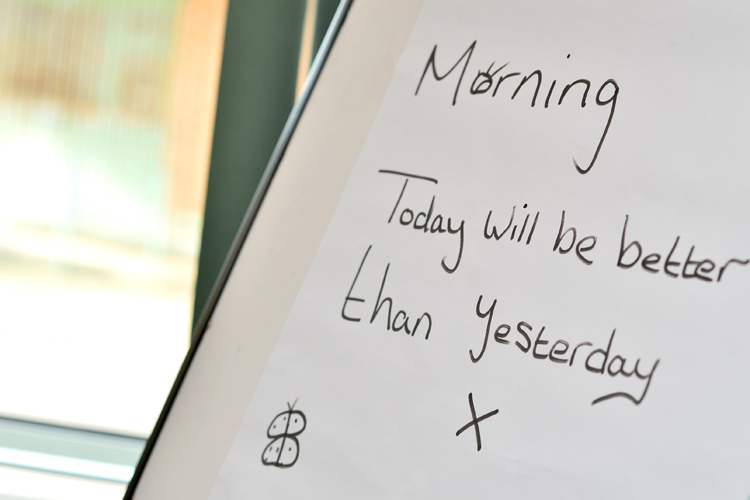
Written by:
Last Updated:
January 7th, 2025
Aftercare
After successfully completing a rehabilitation programme, the transition back into the outside world can be both exciting and challenging. Recovering from addiction requires ongoing commitment, and aftercare plays a significant role in ensuring that you maintain your newfound sobriety and keeping you on track for success.
At Oasis Runcorn, our aftercare programme is included as part of your treatment plan and provides you with the support and tools you need to avoid relapse after rehab.
What is aftercare?
Despite common misconceptions, rehab treatment alone cannot cure your addiction. Overcoming a substance use or behavioural disorder is often a life-long battle that requires ongoing hard work, consistency and dedication.
Aftercare programmes recognise the importance of continued support as you reintegrate back into everyday life. They provide guidance, opportunities for further growth and a sense of community and connection.
Why is aftercare important?
Aftercare provides a bridge between the controlled environment of a rehabilitation centre and the real-world challenges that await you after completing an addiction treatment programme. Returning to a familiar environment with triggers and stressors can pose a significant risk to relapse if not properly addressed. Aftercare serves as a safety net, offering ongoing support and guidance to navigate these challenges effectively.
Some of the benefits of aftercare include:
- Access to a support network of peers
- Ongoing support and guidance from professionals
- Opportunity to work through challenges and difficult emotions as they arise
- Tools to manage stress and triggers
- Continued personal growth and discovery
- Helps you to stay on track and achieve your long-term goals
Ultimately, aftercare is an investment into your future and is equally as important as detox and rehab. Taking part in an effective aftercare programme allows you to continue to take meaningful steps towards your sobriety.
What is included in aftercare?
Oasis Runcorn offers one year of free aftercare to all of our clients, whether you have stayed with us for two weeks or four months. Our aftercare programme involves weekly group therapy sessions via Zoom, in which you can share progress and challenges with other people on the same journey and support one another through the process. This is facilitated by a professional therapist, ensuring that you have the coping skills in place when challenges present themselves.
At Oasis Runcorn, our team is dedicated to your success and will help to guide you even after your rehab stay. You do not have to face your addiction alone – we are here to support you every step of the way.
Aftercare and relapse prevention
One of the primary goals of aftercare is to help keep you on track and develop effective strategies for relapse prevention. Relapse is a common concern in addiction recovery, but with the right support and tools, it can often be prevented. Here are some valuable tips to help you maintain your sobriety and minimise the risk of relapse during your aftercare journey:
- Surround yourself with supportive friends, family and others in recovery
- Commit and engage in weekly aftercare therapy sessions
- Understand your triggers and learn how to manage them
- Set both long and short-term achievable goals
- Take part in regular exercise, eat a healthy diet and get enough sleep
- Regularly assess your progress and take action if you feel yourself slipping
- Practice stress management techniques, such as meditation or breathing exercises
- Stay busy and engage in enjoyable hobbies and activities
- If a relapse does occur, it is important not to view it as a failure but rather as an opportunity for growth and learning. Analyse the circumstances leading up to the relapse, identify triggers or areas for improvement and adjust your aftercare plan accordingly.
The role of family support in aftercare is crucial for recovery and relapse prevention, as addiction affects not only the individual but also their loved ones. By involving families in the aftercare process, the journey toward healing becomes a shared effort that strengthens relationships and fosters understanding.
During aftercare, families can participate in therapy sessions to address underlying issues, improve communication, and learn how to support their loved one’s sobriety. This collaborative approach helps repair trust and creates a healthier home environment that reduces the risk of relapse.
A strong family support system can provide emotional stability and practical assistance during challenging times, such as helping to establish routines, celebrating milestones, or being a source of accountability. Families and individuals in recovery can build a foundation for lasting sobriety by working together.
Life after rehab
As you leave rehab and go back home, it is normal to feel a mixture of apprehension, fear and excitement. Leaving the supportive environment of a rehab centre can feel daunting, but with Oasis Runcorn’s aftercare programme, you will not be alone.
A former client, Richard, talks about the importance of aftercare, saying:
“The aftercare is really valuable – I’ve only missed two and I needed them because it reminds of where it started and new people always remind you of how far you’ve come.”
Simon also shares his experiences with aftercare, saying:
“Aftercare groups are just as important as the detox – I’d advise anyone to attend those. You’re talking about real-life situations and people can give you tips.”
Through aftercare, you can ensure your transition back to normal life is smooth and find new ways to adapt to a life without substances. If you are ready to start your rehab journey, or if you have any questions about our aftercare programme, please get in contact with our team.
When it comes to maintaining sobriety after rehab, additional resources like Alcoholics Anonymous (AA), Cocaine Anonymous (CA), and other 12-step programmes can be invaluable. These organisations provide a supportive community where individuals can share their experiences, learn from others, and stay accountable in their recovery journey.
One of the key benefits of AA and similar groups is the sense of belonging they offer. Addiction often leaves people feeling isolated and misunderstood, but these meetings create a judgement-free space where everyone is working toward the same goal. Participants build strong, positive relationships that reinforce their commitment to sobriety.
The structure of programmes like AA also helps maintain focus. Regular meetings, a commitment to personal growth through the 12 steps, and mentorship from a sponsor all encourage long-term recovery. Additionally, these groups are widely accessible and available in many locations, making it easier for people to stay connected to support wherever they are.
By integrating resources like AA into an aftercare plan, individuals gain a consistent source of motivation and guidance. Combined with our aftercare strategies, these programmes can significantly enhance the chances of long-term success in sobriety.




